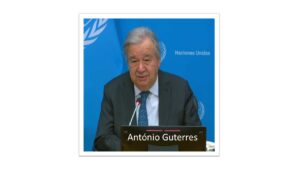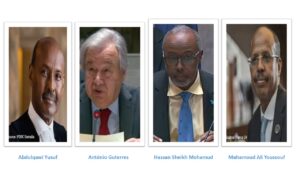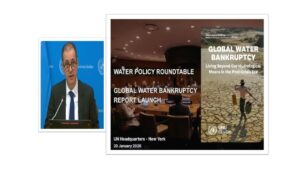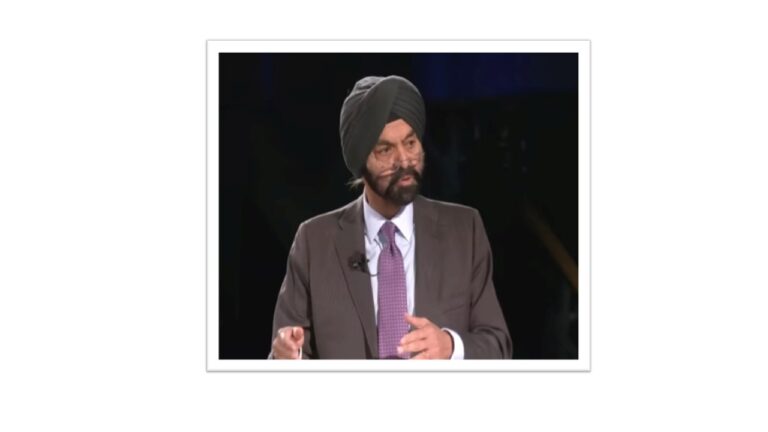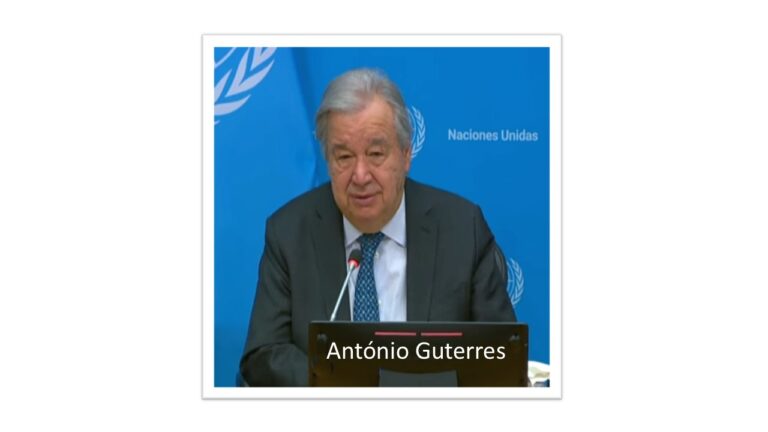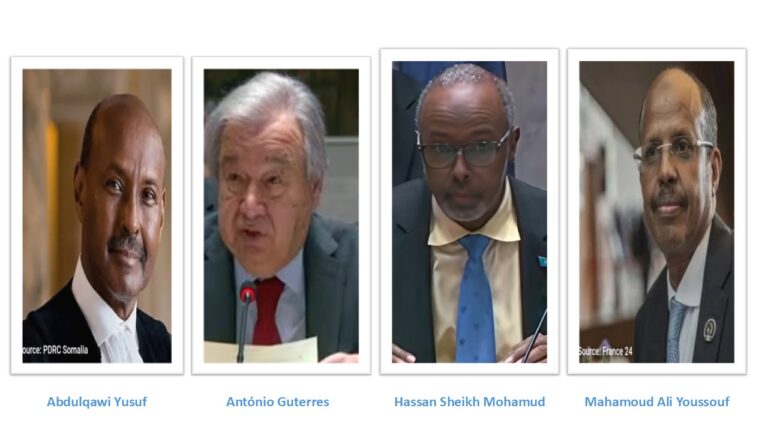
28 Jun 2025 at the Hybrid press briefing Amina J. Mohammed – the Deputy Secretary-General launched a report titled: Debt crisis is a silent crisis ‘the proposed recommendations’ composed by the experts group formed by the Secretary-General last December to identify solutions to end the silent crisis and to make borrowing work for sustainable development. Ms. Mohammed emphasized the recommendations are not only moonshots, but politically and technically viable, offering both short-term relief and long-term access to affordable financing.
In brief, borrowing is critical especially when countries are required to undertake one-off generational investments to green their economies and to build critical infrastructure. Today the fact shows that 3.4 billion people live in countries that spend more on interest payments than on health and/or education. The debt crisis is a silent crisis in two respects: First, the crisis doesn’t impact the lives or economies of those in advanced economies. Second, among global policy makers, there’s a striking reluctance to allow or acknowledge the crisis for what it is.
The group of experts:
Mahmoud Mohieldin – Special envoy on financing for the 2030: The proposed measures are fully aligned with the designed outcome on what we are trying to do that is operationalizing and implementing as designed in the platform of action. In addition, it is proposed to have a platform or forum or a club for the borrowers or debtors for knowledge sharing on the technical assistance collaboration and enhancing the voice of the borrowers especially with International Financial Institutions including dealing with the debt swaps, policy coordination for capacity building, dealing with interest rate, foreign exchange risk management and enhancing capacity of debt management units to lowering transaction costs including finding innovative financial solutions.
Rebeca Grynspan – Secretary General of UN Trade and Development: The silent crisis’s situation deteriorated since last year. It has surpassed that mark and going backwards and hurting the SDGs. The group of experts have proposed 11 proposals that are doable and that only need political will of all actors to materialize.
Paolo Gentiloni – Former EU Commissioner for the economy: The fact is debt servicing costs doubled in the last 10 years, and we live in difficult times for multilateralism as reflected by many countries are asking of debt restructuring or at risk of default.
Yan Wang- The Senior Researcher at Boston University’s global development center.
To conclude: The Deputy Secretary General emphasized the importance of maintaining credibility of commitments of parties who took loans. It is compulsory to pay them off. The 11 recommendations are feasible. They are not new, that debt can be discussed, and voice can be raised. Mr. Mahmoud additionally described the context of 11 proposals as a package; it is a package within the bigger package, they are coherent policy measures within the whole system of finance for development, so they cannot really be taken in isolation or in silos away from finance for development reforms proposed; they are very much aligned with proposals for reforming the domestic resource mobilization and the role of private sector dealing with issues related to trade which narrowly focused on everything related to debt relief and to the prevention of a crisis. It encourages that countries to not have a default. There are better ways of debt management, linking finance to development and to reprofile.
Related link:
The debt crisis is a silent crisis” – UN Deputy Secretary-General’s Presser FFD4 | United Nations
The global debt crisis is speeding up – not slowing down: Rebeca Grynspan | UNCTAD

